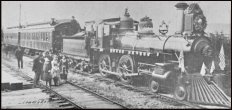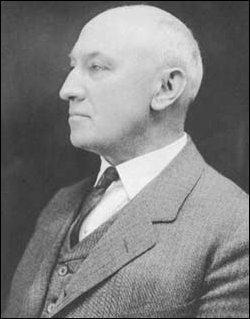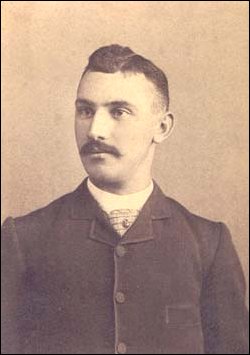Skagit River Journal
Subscribers Edition Stories & Photos

|
This is a page from our Subscribers Edition. Our free site remains free. How to subscribe to our separate online magazine or donate to our project |
Skagit River JournalSubscribers Edition Stories & Photos |

|
 |
 |
|
Please report any broken links or files that do not open and we will send you the correct link. Thank you. |
|
Heirloom Gardens Natural Foods at 805B Metcalf street, the original home of Oliver Hammer Oliver Hammer Clothes Shop at 817 Metcalf street in downtown Sedro-Woolley, 82 years Bus Jungquist Furniture at 829 Metcalf street in downtown Sedro-Woolley, 36 years Peace and quiet at the Alpine RV Park, just north of Marblemount on Hwy 20 Park your RV or pitch a tent by the Skagit river, just a short driver from Winthrop or Sedro-Woolley College Way Antique Mall, 1601 E. College Way, Mount Vernon, WA 98273, (360) 848-0807 Where you will find wonderful examples of Skagit county's past, seven days a week North Cascade Ford, formerly Vern Sims Ford Ranch, West Ferry street and Crossroads/Highway 20 either on the Sedro-Woolley page or directly at www.northcascadeford.com DelNagro Masonry Brick, block, stone — See our work at the new Hammer Heritage Square See our website www.4bricklayers.com 33 years experience — 15 years as a bonded, licensed contractor in the valley Free estimates, reference, member of Sedro-Woolley Chamber  (360) 856-0101 (360) 856-0101 |
|
|
|
|
|
View Our Guestbook |
|
|
Mail copies/documents to street address: Skagit River Journal, 810 Central Ave., Sedro-Woolley, WA, 98284. |